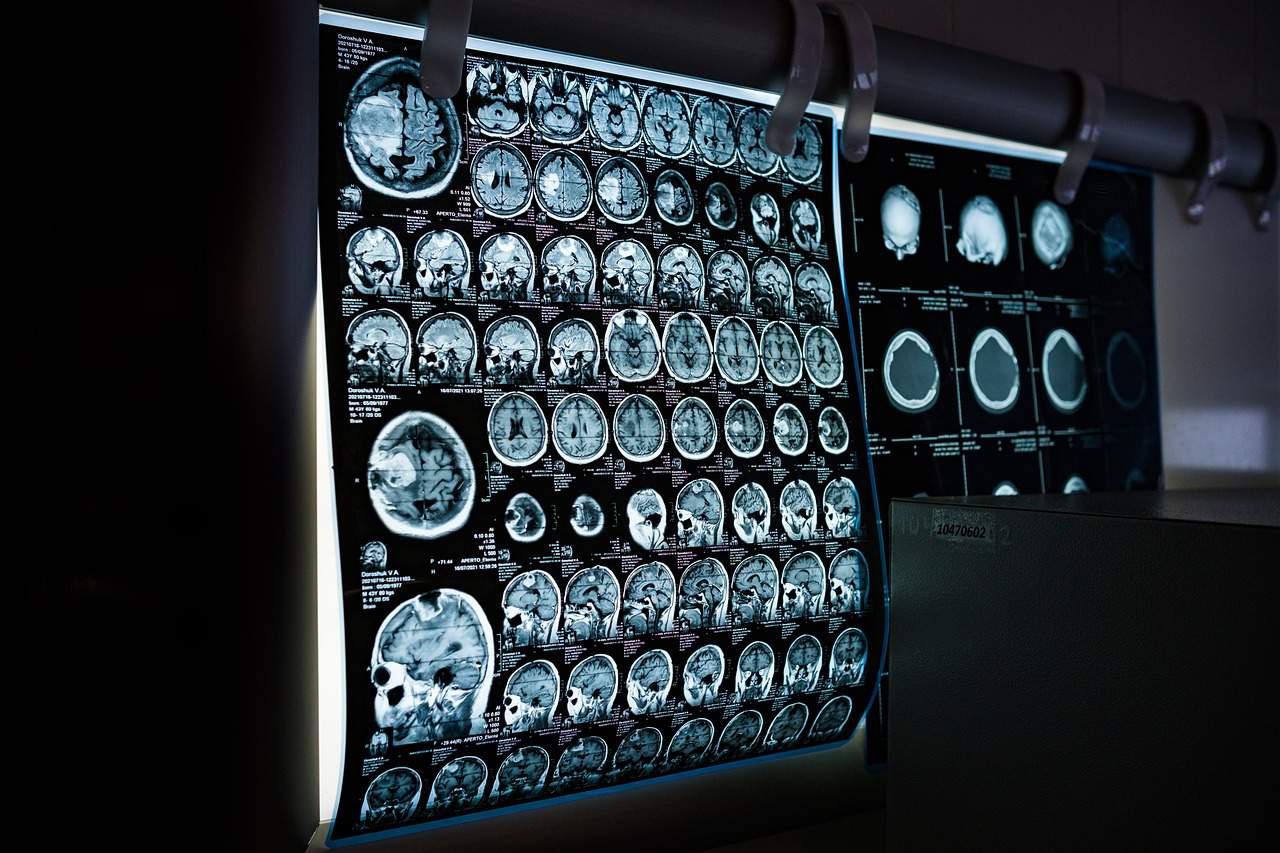Between 18th – 24th September, 'One Punch UK' aims to share the devastating consequences of a single punch, creating awareness, educating people about the risks, and providing support to those affected. This initiative aims to harness knowledge and life experiences of TBI survivors, offering crucial information to help people make safe choices, recognise warning signs, and deal with potentially violent situations.
Founded by Maxine Thompson-Curl, 'One Punch UK' is dedicated to preventing senseless acts of violence that lead to traumatic brain injuries. Maxine's personal tragedy and her son Kristian's untimely death in 2010 became the catalyst for this impactful campaign.
Traumatic brain injury
A traumatic brain injury (TBI), which can range from mild to moderate to severe, occurs as a result of a blow to the head, potentially causing unconsciousness, dizziness, or nausea in the case of a mild injury. Approximately 75% to 80% of head injuries fall into this category.
A moderate brain or head injury involves unconsciousness lasting between 15 minutes and 6 hours or post-traumatic amnesia up to 24 hours. A severe brain or head injury is characterized by unconsciousness exceeding 6 hours or post-traumatic amnesia lasting over 24 hours, with the consequences being devastating and lifelong, impacting not only the survivor but also their families and friends.
Causes of traumatic brain injuries
Assault ranks as the third most common cause of traumatic brain injuries, following falls and road traffic accidents. A TBI can lead to a range of long-term physical, cognitive, and emotional challenges, including the development of post-traumatic stress disorder (PTSD).
Younger adults are more likely to fall victim to violent crimes than older age groups, particularly in cases where the perpetrator is a stranger or an acquaintance. Men, in particular, are vulnerable to violent crimes where the assailant is unknown.
Effects of a traumatic brain injury
The effects of a traumatic brain injury can vary widely depending on factors such as the type, location, and severity of the injury. Physical symptoms may include balance problems, headaches, and dizziness, while cognitive, emotional, and behavioural symptoms could manifest as memory issues, fatigue, and anger.
Brain injury rehabilitation
In the journey to recovery following a traumatic brain injury, STEPS Rehabilitation plays a crucial role, offering residential rehabilitation programmes for clients once they are medically stable enough to leave the hospital.
STEPS Rehabilitation is a truly unique environment that offers individuals access to a range of therapies, advanced robotic and virtual reality rehabilitation equipment, and a team of highly specialised medical professionals—all conveniently located under one roof.
Our dedicated team of clinical professionals comprises physiotherapists, occupational therapists, speech and language therapists, neuro-psychologists, neurologic music therapists, as well as experienced nurses adept at complex care.
In addition to our commitment to clients, we extend our support to their families by offering guidance and education regarding their loved one's condition. We collaborate closely with other professionals, organisations and charities such as Headway, The Brain Injury Group, and The Brain Charity to provide comprehensive care and assistance to our clients as they prepare to transition home.
Campaigners are advocating for tougher sentences for one-punch killings, aligning with Australian states that have introduced new minimum and maximum sentences for one-punch assaults resulting in fatalities. Such measures are essential to deter potential offenders and bring justice to victims and their families.
